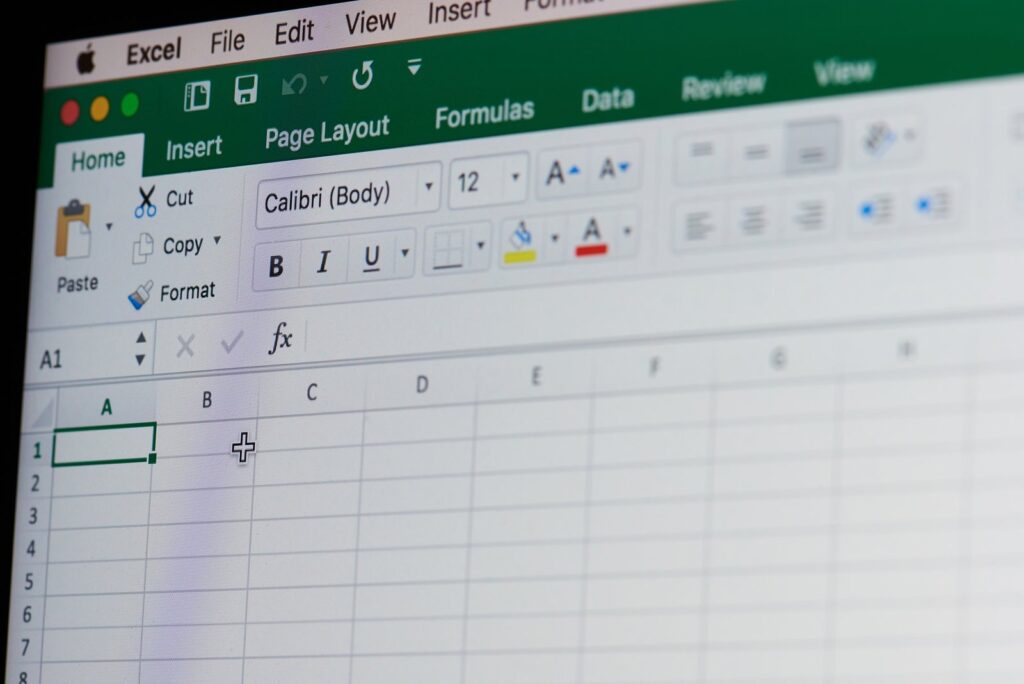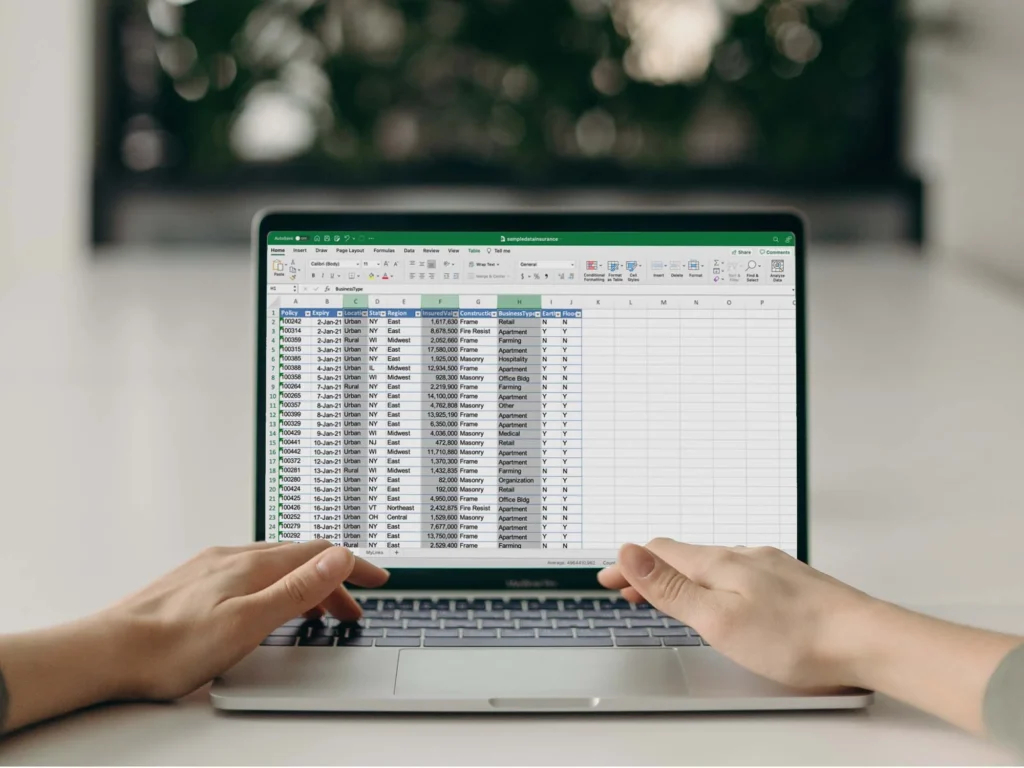
Are you tired of manually tracking your business data? Are expensive spreadsheet software programs eating up your budget? Well, it’s time to say goodbye to those hassles and hello to the best free spreadsheets available! By streamlining tasks, visualizing data, and fostering better teamwork, these potent tools can help you realize the full potential of your company. Why then wait? Let’s dive into this blog article and learn how these enchanted spreadsheets can improve your company.
What is a spreadsheet?

A spreadsheet is a great way to organize and track your business data. There is no reason not to start using them right away since they are free to obtain and use. Here are some of the benefits of using a spreadsheet:
- It’s simple to use them. You don’t need any previous expertise to start using spreadsheets because they are so easy to use.
- They’re versatile. You can use spreadsheets for all sorts of tasks, from tracking sales data to keeping track of expenses.
- They can be trusted. Spreadsheets are frequently trustworthy and precise when it comes to tracking your business’s information because they are created with data security in mind.
- They can help you save time. By automating your business processes with spreadsheets, you’ll save valuable time that you can spend on other tasks.
Benefits of using a spreadsheet

A spreadsheet can be a powerful tool for managing your business. Here are five benefits of using a spreadsheet:
- Utilizing spreadsheets makes tracking and data analysis simple.
- They’re great for organizing and tracking finances.
- They’re great for planning and scheduling events.
- They make it simple to share your plans and objectives with others.
- They can help you stay on top of your business operations
Types of spreadsheets
There are a variety of types of spreadsheets, each with its advantages and disadvantages.
The first type is a simple spreadsheet, which can be used to keep track of basic data such as sales figures or expenses. These sheets can be easily modified by adding new columns or rows, making them versatile for keeping track of a wide range of information.
Another type of free spreadsheet is the financial spreadsheet. These sheets allow users to track their finances in detail, including income and spending figures, as well as debts and assets. They can also be used to make predictions about future earnings or expenses.
The project sheet is the third category of the worksheet. These sheets are ideal for keeping track of ongoing tasks, from design concepts to finished goods. They can contain a broad range of information, from precise project-specific information to anticipated completion dates.
Finally, there are Excel templates that enable the quick creation of robust spreadsheets customized to your company’s requirements. These templates make it simple and quick to create customized spreadsheets because they come with pre-configured formulas that automatically compute particular values based on chosen data fields.
How to use a spreadsheet

There’s a lot of information out there about how to use spreadsheets for business, but if you don’t know where to start, this guide is for you. It’s essential to comprehend what a spreadsheet is and what it can do for you before using one.
A spreadsheet is a tool that enables you to record data and track results in an organized way. They can be applied to several tasks, including budget management, trend analysis, and activity planning. The following advice should be kept in mind when using a spreadsheet:
- Define your goals. Before starting to work on your spreadsheet, make sure that you have specific goals in mind. By doing so, you can maintain your concentration while working on the document and make sure that the information gathered is pertinent to your requirements.
- Organize your data. Once you have set goals and organized your data, it’s time to start filling in the cells with information. Make sure that all information is properly documented so that you can easily reference it later on.
- Charts and algorithms can be used to analyze data. Spreadsheets are excellent instruments for data analysis and decision-making. You can quickly spot patterns or trends in your data that might not be obvious otherwise by using algorithms and charts.
- Share your spreadsheet with others. Once you have completed editing and organizing your spreadsheet, it’s
Downloading and using a free spreadsheet
There are a lot of great free spreadsheet programs available online, so if you’re looking for a way to maximize your business potential, you should check out one of these programs.
Microsoft Excel is among the most well-liked and well-known online spreadsheet applications. If you’re unfamiliar with spreadsheets, you should commence by learning the fundamentals, such as how to make a worksheet and enter data. It’s time to begin investigating Excel’s numerous features once you have a basic grasp of how it functions.
Excel is a fantastic tool for managing your company’s money. The financial tools in Excel can be used to create financial performance statistics for your company. Excel’s charting features can also be used to simplify difficult financial studies.
Another great way to use Excel is for data analysis. You can use Excel’s filtering and sorting tools to analyze your data in ways that are difficult or impossible with other software programs. You can also use Excel’s pivot tables and charts to explore complex data relationships graphically.
Finally, one of the most important uses for spreadsheets is making decisions based on data analysis. With powerful tools like pivot tables and charts at your disposal, you can quickly evaluate different options and make informed decisions based on the information presented
Conclusion

Looking to increase your business potential? Then you need to be using the best free spreadsheets out there. With the aid of these tools, you can better organize everything from your money to your marketing initiatives, making it simpler than ever for you to achieve your objectives. Download a worksheet right away to get started and don’t let anything stop you!








